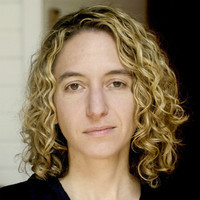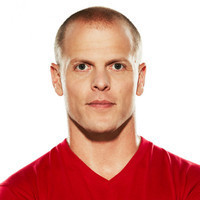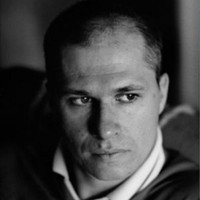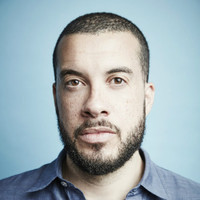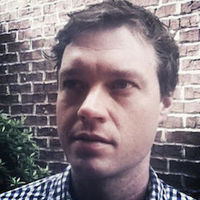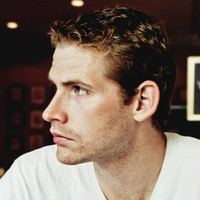Kathryn Schulz is a staff writer for The New Yorker. "The Really Big One," her article about the rupturing of the Cascadia fault line, won the 2016 Pulitzer Prize.
“I can tell you in absolute sincerity: I didn't realize I was writing a scary story. Obviously I know the earthquake is going to be terrifying, and that our lack of preparedness is genuinely really scary. But, as I think often happens as a reporter, you toggle between professional happiness, which is sometimes, frankly, even professional glee—you’re just so thrilled you’re getting what you’re getting—and then the sort of more human and humane response, which comes every time you really set down your pen and think about what it is you’re actually reporting about.”
Thanks to MailChimp and Squarespace for sponsoring this week's episode.
